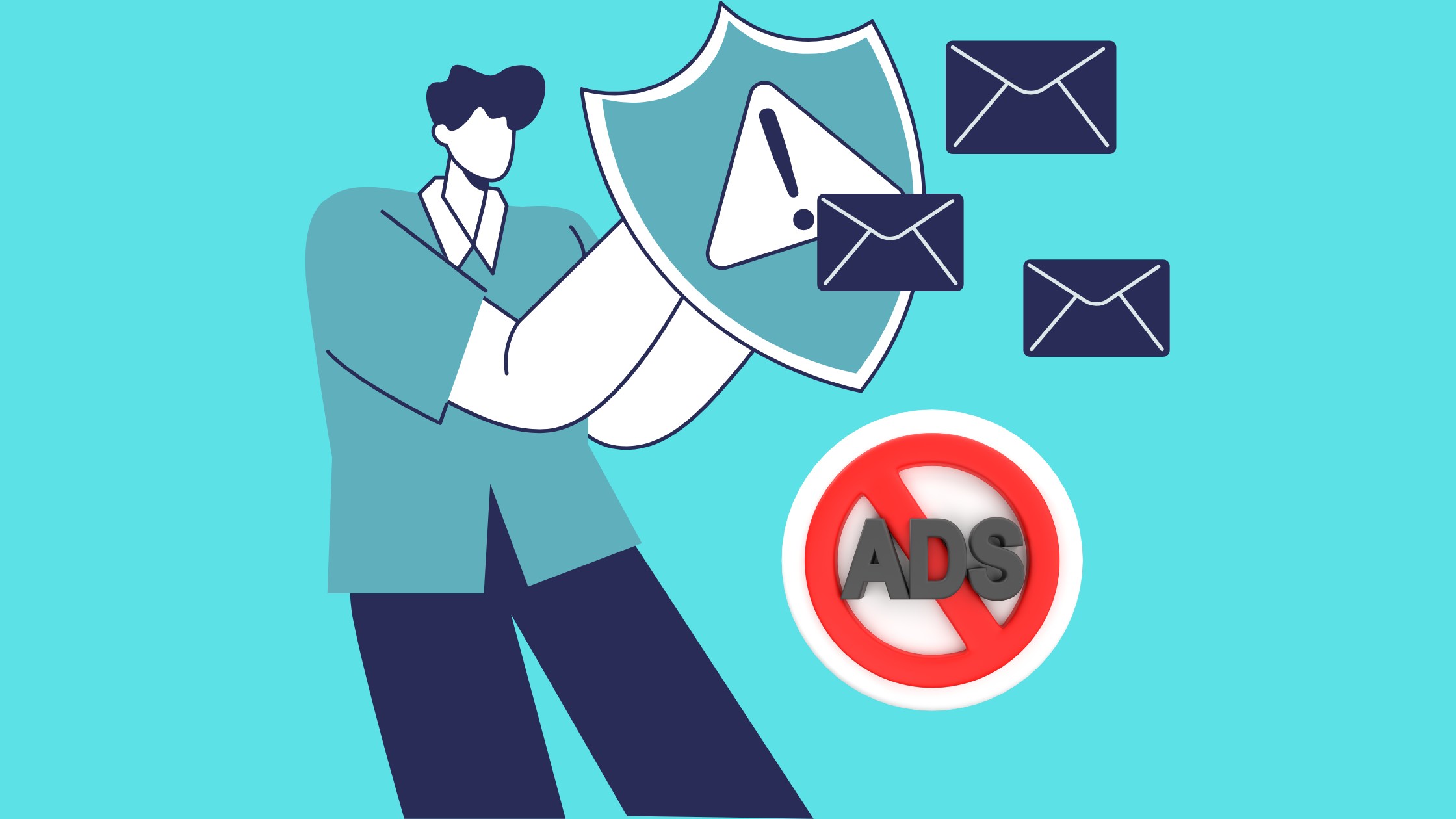
In today’s digital-first world, a secure URL shortener has become essential for businesses and creators alike. Protecting data, building trust, and maintaining brand integrity all start with how you share your links. While basic link shorteners help keep URLs clean and short, a secure URL shortener adds encrypted redirection, privacy controls, and protection against phishing all while offering analytics and branded link support. In this article, you'll learn what makes a secure and encrypted URL shortener service reliable and why it should be part of your digital toolkit.
What Is a Secure URL Shortener and Why Does It Matter?
A secure URL shortener is a tool that creates shortened links with built-in protection measures. It does more than just condense long links it encrypts them, tracks them, and keeps malicious users out. When you share a shortened link, it often becomes the entry point to your website, campaign, or landing page. Therefore, it's crucial to ensure that link is safe, tamper-proof, and unbreakable.
Unlike basic URL shorteners, secure ones use HTTPS encryption, detect unusual activity, and support secure analytics reporting. They help prevent attacks like phishing, spoofing, or redirect hacks, which are common with generic link services. Users trust branded, secure URLs more and that increased trust leads to more clicks.
Additionally, a secure URL shortener allows for private sharing, access control, and detailed audience segmentation. It adds an invisible layer of armor around your content, ensuring your audience only sees what you want them to.
If your brand relies on email marketing, social media, or paid ads, using a secure URL shortener helps maintain campaign safety, boost deliverability, and protect your digital identity.
Explore our earlier post on how to shorten URLs with tracking analytics to learn how analytics supports link security.
Core Benefits of Using a Secure and Encrypted URL Shortener
Choosing a secure URL shortener gives you control over both access and data. One of the main benefits is end-to-end encryption. When someone clicks a link, the shortener routes them through an encrypted path, shielding both their identity and your link destination from eavesdropping.
A second major advantage is protection against phishing and malicious redirection. Many hackers spoof shortened links to redirect users to fake login pages. A secure platform prevents this through link verification and anti-spam measures. This security builds user confidence and improves brand perception.
Secure URL shorteners also provide custom permissions. You can password-protect links, limit link access by IP or region, and set expiry dates. These tools empower you to manage how and when users access your content.
Another significant benefit is compliance. If you’re working in industries like healthcare, finance, or education, you often need to meet privacy standards like GDPR or HIPAA. Secure shorteners help maintain this compliance by offering encrypted logs and secure redirects.
In short, you avoid data leaks, unauthorized tracking, and poor campaign performance all while gaining deep insights into user behavior.
To test this in action, try Rebrandly’s secure link options or Short.io’s privacy settings
Top Features to Look for in a Secure URL Shortener Service
Before choosing a platform, make sure your secure URL shortener includes all the right features. These elements make the difference between basic protection and true digital security.
Start with HTTPS encryption by default. This protocol ensures that every redirection happens through a secure tunnel. It guards against man-in-the-middle attacks and keeps user data private.
Look for password-protected links and expiry settings. This functionality gives you control over who sees what and for how long. Great for sharing event links, promotional deals, or confidential files.
A secure URL shortener should also support analytics encryption. Many tools track clicks but leave the data exposed. Choose a platform that encrypts the click data so only authorized users can view it.
Other features to watch include 2FA login, link validation, and custom domain integration. The ability to connect a branded domain improves user trust, while advanced permissions keep links safe from misuse.
If your team collaborates on campaigns, look for multi-user access control. Team roles and approval flows are essential to prevent accidental or unauthorized edits.
All these features add up to a secure experience for both you and your audience. Explore these capabilities on TNYL.link or read our guide on creating branded links with analytics.
Best Free and Paid Secure URL Shortener Tools in 2025
With so many options available, it’s important to compare the most trusted secure URL shortener tools. Here are three standout choices you should consider in 2025:
TNYL.link
TNYL.link offers full-stack link management with a focus on security. You get custom branded domains, encrypted analytics, password protection, and geo-targeting on the free plan. It’s ideal for startups, marketers, and creators.
Rebrandly
Rebrandly is known for its user-friendly dashboard and enterprise-grade protection. On the free tier, you get one custom domain and 500 branded secure links. Paid plans unlock more team features and advanced reporting.
Short.io
Short.io blends power and simplicity. It’s developer-friendly and offers GDPR-compliant encryption, password options, and detailed analytics even on its free plan. Perfect for businesses needing API access and workflow automation.
Try all three tools to see which fits your workflow. Run the same campaign through each platform, and compare clicks, trust signals, and load speed. Their robust security options will show you why upgrading from generic link shorteners makes all the difference.
How to Set Up a Secure URL Shortener for Your Business
Setting up a secure URL shortener for your business doesn’t require tech expertise just a few smart choices. First, choose a tool that supports branded domains and HTTPS encryption. Register a short domain that matches your brand, then link it to the shortener.
Next, configure tracking settings. Enable features like encrypted analytics and privacy filters. This allows you to gather clean data without risking exposure.
Now, shorten your URLs. Add UTM parameters for marketing insights, apply a password or set an expiration if needed, then generate the secure link.
Before you share, test your link. Check if the redirect is instant, if the branding appears, and whether your analytics panel updates in real time. Share the link through your Instagram bio, email campaigns, or anywhere your audience engages.
Finally, monitor the performance regularly. Adjust the link if needed. Swap thumbnails, change slugs, or redirect expired links using your dashboard.
Explore how to shorten links for Instagram with previews for additional insight into visual optimization.
Common Risks of Using Unsecured Link Shorteners
Avoiding a secure URL shortener comes with risks. The most serious include phishing attacks, blacklisting, and data theft.
Unsecured platforms use HTTP, which leaves link paths open to interception. Hackers can modify the redirection or capture private information during the transfer. If your shortened URL leads to a login or payment page, the damage could be serious.
Another risk is spam association. Some free shorteners are abused for shady activity, which leads to their links being blocked by email filters or search engines. This affects your deliverability, visibility, and trust.
Some services also resell user data. Without secure encryption and privacy policies, click tracking may expose user behavior to third parties.
If your link is hijacked or broken, you’ll lose campaign momentum. That’s why choosing a secure URL shortener ensures consistent, safe, and trackable communication.
Final Thoughts: Why You Should Use a Secure URL Shortener Today
A secure URL shortener is no longer optional. It safeguards your brand, audience, and performance. You get encrypted analytics, control over link access, and higher trust from users. Add preview cards and branded domains, and you turn links into digital assets.
Start with free tools like TNYL.link, Rebrandly, or Short.io. Compare their encryption levels, interface, and reporting. Once you find a match, use it across all campaigns.
Security boosts performance. Trust increases engagement. And when your links are secure, so is your reputation.




